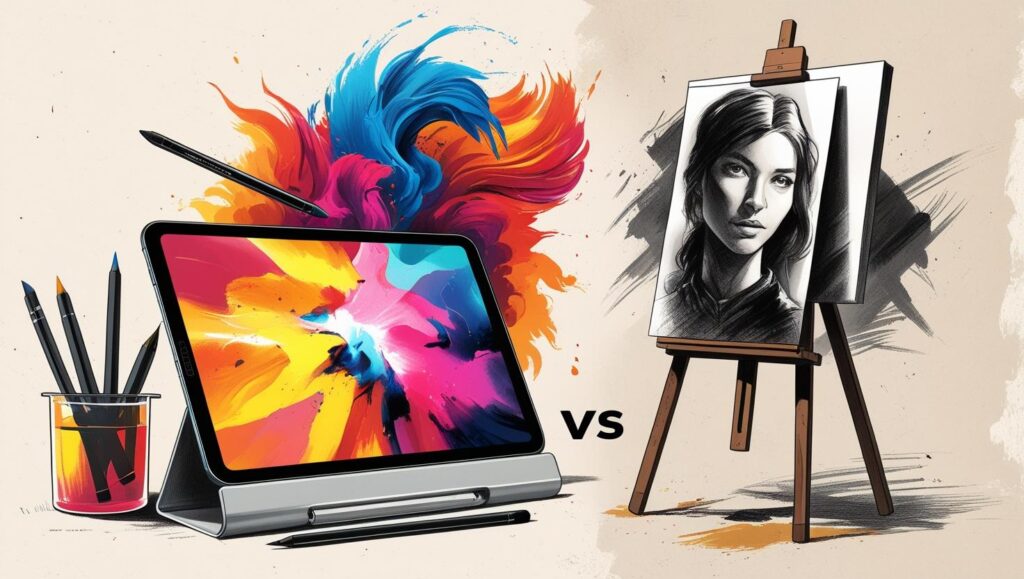
Marketing has always been about connecting with people. In the past, TV, print, and billboards were the main tools. But now, the difference between digital and traditional marketing jobs is more important than ever. This article explores the key roles, skills, and career opportunities each path offers.
Digital Marketing Careers: Key Roles and Job Opportunities
Digital marketing careers revolve around online platforms like websites, search engines, and social media. These roles are data-driven and often remote-friendly.
Examples of Digital Roles
- SEO Specialist
- Content Marketer
- PPC Specialist
- Email Marketing Manager
- Social Media Strategist
👉 Explore more tips in our career blog.
Traditional Marketing Jobs Explained: Roles and Skills in 2025
Traditional marketing roles are focused on offline channels like TV, print, and live events. While still relevant, these jobs are less measurable.
Examples of Traditional Roles
- Brand Manager
- PR Specialist
- Event Coordinator
- Advertising Executive
- Print Media Planner
Key Differences Between Digital and Traditional Marketing Jobs
Audience Reach
- Digital: Highly targeted, data-based.
- Traditional: Mass reach but less measurable.
Skills Required
- Digital: Analytics, SEO, content creation, paid ads.
- Traditional: Storytelling, media buying, event planning.
Flexibility & Work Style
Digital often allows freelancing and remote work. Traditional jobs usually require office or on-site presence.
Choosing Between Digital Marketing Jobs and Traditional Careers in 2025
The difference between digital and traditional marketing jobs is clear when looking at the future. Digital careers offer more growth and flexibility. Traditional careers remain strong in industries like FMCG, luxury, and offline retail.
How to Transition From Traditional to Digital Marketing
If you’re in a traditional role and want to switch:
- Take online certifications (SEO, PPC, social media).
- Build an online portfolio.
- Leverage transferable skills like communication and branding.
👉 Try free courses at HubSpot Academy
H2: Final Thoughts
Both digital and traditional marketing careers matter. The big difference is in tools, flexibility, and how success is measured. For most professionals in 2025, learning digital skills is the safer investment for long-term growth.
